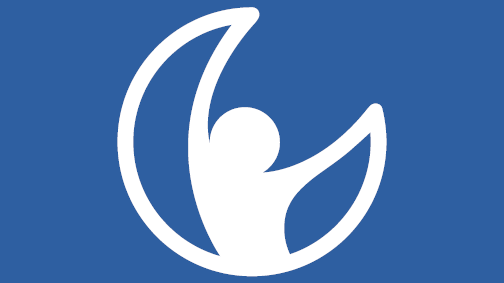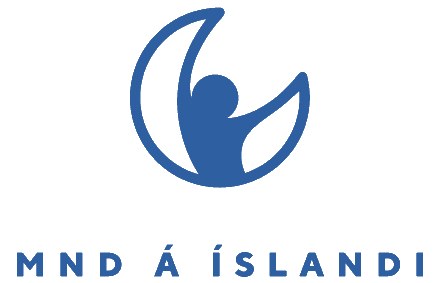
MND á Íslandi í samvinnu við nemendur og kennara Háskólans í Reykjavík, tökum þátt í spennandi verkefni í notkun sýndarveruleika fyrir MND veika eða fólk í svipuðum aðstæðum. Verkefnið gengur út á að nota sýndarveruleikatæknina til meðferðar fyrir okkur. Markmiðið er til dæmis:
- Að stunda hugleiðslu, að ná hugar ró.
- Tengjast fólki víða um heim.
- Ferðast um heiminn þó að við komumst ekki neitt.
- Kanna hvaða tækni búnaður nýtist okkur best.
- Hvaða hugbúnaður virkar best.
- Hvaða stjórnbúnað er hægt að nota, svo sem augna stýringu.
Okkur vantar notendur, fólk með sjúkdóm sem þið teljið henta, fagfólk sem vinnur með okkur og ekki síst aðstoðarfólk og ættingja þessa fólks.
Ef þið hafið áhuga á þessu VERKEFNI þá hafið samband við Dr. Wanda Gregory í póstfang wanda.gregory@gmail.com . Látið vita um nafn, heimili, aldur og hvernig þið tengist verkefninu. (Er MND veikur, aðstandandi, fagmaður sem styður við hópinn)
Eða mig í: gudjon@mnd.is .
Helst sem fyrst og í síðasta lagi fyrir lok janúar.
Hér er áhugaverð grein um efnið: https://www.efla.is/…/syndarveruleiki-byltingin-handan…
Með von um góðar undirtektir
Guðjón
Formaður MND á Íslandi
Hér eru skilaboð frá Wanda:
ALS/MND and Game Technology Project with Reykjavik University
Overview:
Each semester teams of senior students from the Department of Computer Science at Reykjavik University (RU) work with companies and organizations on a final project. This term several students will be working on a project to explore ways that games technologies such as virtual reality, game controllers along with virtual worlds and avatars might be used to improve the quality of life for patients with limited movements such as ALS. Students will be working on campus at the Center for Analysis and Design of Intelligent Agents (ísl. Gervigreindarsetur HR) and making use of their virtual reality lab facilities. The project will involve the creation and initial testing of a virtual environment along with the testing of these technologies with clinicians and possibility patients.
Since the methodology they will be using is participatory design, the students are interested in interviewing and possibility testing such technologies with potential users, clinicians, and caregivers to better understand their needs. One of the goals is to see if using game technologies might help patients better communicate with friends, family, and caregivers.
As part of this project, we would like to meet with patients, caregivers, and clinicians who might be available and open to meeting with students and their supervisors, Dr. Wanda Gregory (remotely) and Professor Hannes Högni Vilhjálmsson in person or remotely.




